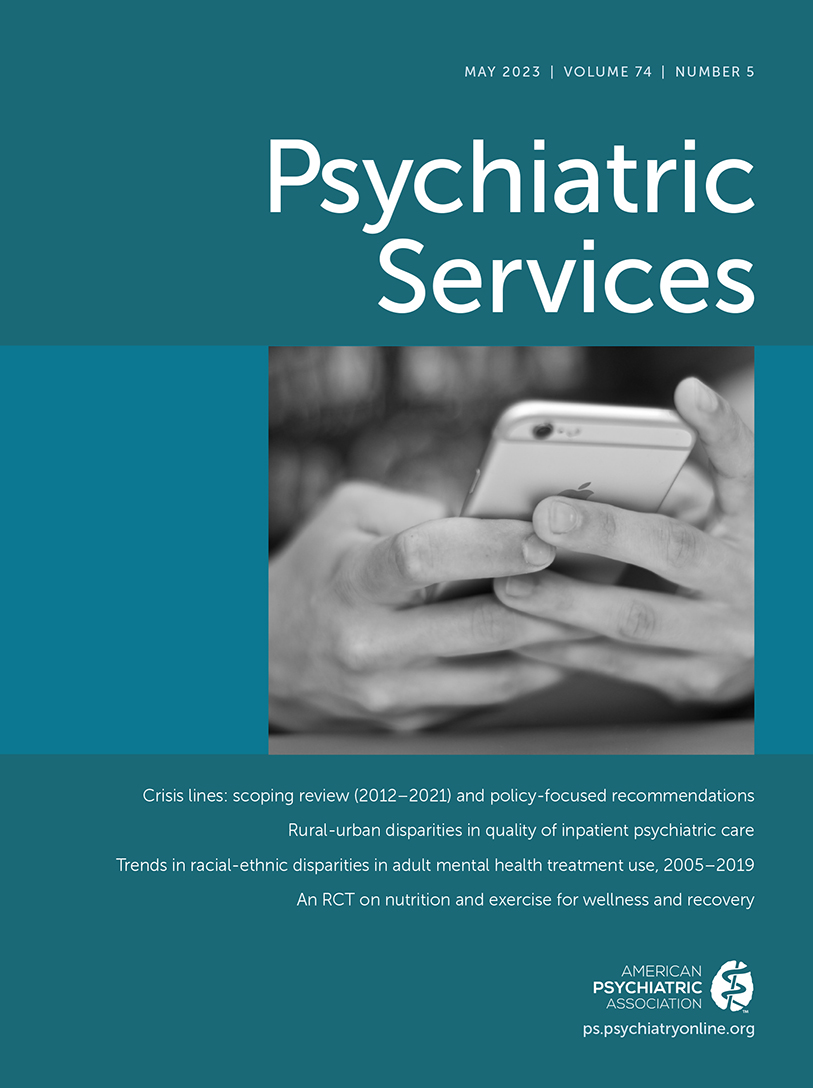Impact of Digital Literacy Training on Outcomes for People With Serious Mental Illness in Community and Inpatient Settings
Abstract
Objective:
The authors explored whether a digital literacy program, Digital Outreach for Obtaining Resources and Skills (DOORS), could improve self-reported functional skills and clinical outcomes among people with serious mental illness.
Methods:
The 8-week program was offered to participants receiving treatment in community mental health centers (N=113) and an inpatient psychiatric unit (N=74). Pre- and postintervention self-report surveys were collected. Descriptive statistics and two-tailed t tests were used for analysis.
Results:
For patients treated in a community center, improvements were observed in 27 of the 29 self-reported functional skills that measured digital literacy. Changes in seven of these skills were statistically significant. Although these participants reported larger improvements in clinical outcomes than did inpatient participants, no statistically significant changes in symptoms were seen in either setting.
Conclusions:
Digital skills training is necessary to increase access to care through technology. DOORS can improve self-reported digital literacy, but further research is necessary to determine its immediate impact on symptoms.



